- Adam Woods
Budget 2023 is going down well in suckler circles with the announcement of a new beef scheme to replace the current BEEP-S being seen as a particular vote of confidence in sucklers by the current Government.
While the detail hasn’t been released on the actions that will be required to draw down the payment, the Irish Farmers Journal understands that meal feeding, vaccinations, faecal sampling and silage testing are all to be included as actions in the new scheme. This scheme will see suckler farmers getting paid €90 for the first 10 cows with €70/cow being paid after that.
When this is added to the Suckler Carbon Efficiency Programme (SCEP) it will mean farmers will be paid €240/cow on the first 10 cows and €190/cow after that.
The energy rebate that was announced will have little effect on beef farms which are generally low users of electricity.
The concrete levy will hit any drystock farm that is building sheds or concreting yards. However, building work on beef farms has slowed in recent years.
The income tax changes will benefit a lot of part-time farmers who will see take-home pay increase in 2023.
The cut in the flat-rate VAT rebate will affect all beef farmers. For a farmer who is selling 25 weanlings at €1,000 each, it’s a cut of €150 in payment.
Many farmers are frustrated at the fact that the Government has revised its target of getting 50,000 farmers into ACRES down to 30,000 farmers, a reduction of 20,000. This will mean some farmers who will come out of GLAS in 2023 will see their income reduced by up to €5,000.
- Aidan Brennan
David is milking 130 cows on a 50ha farm in Kilkenny. All the land is in one block and the heifers are contract-reared. His wife, Anne, works off farm as a teacher earning €45,000. They have three children, two of whom are in college and the third is in fifth year of school. Average household expenditure is €5,500 per month or €66,000 per year.
The farm is in a company structure and David is a director and employee. Between lease payments and salary, he gets €50,000 from the farm per year.
All income is subject to tax. Gross household income therefore is €95,000.
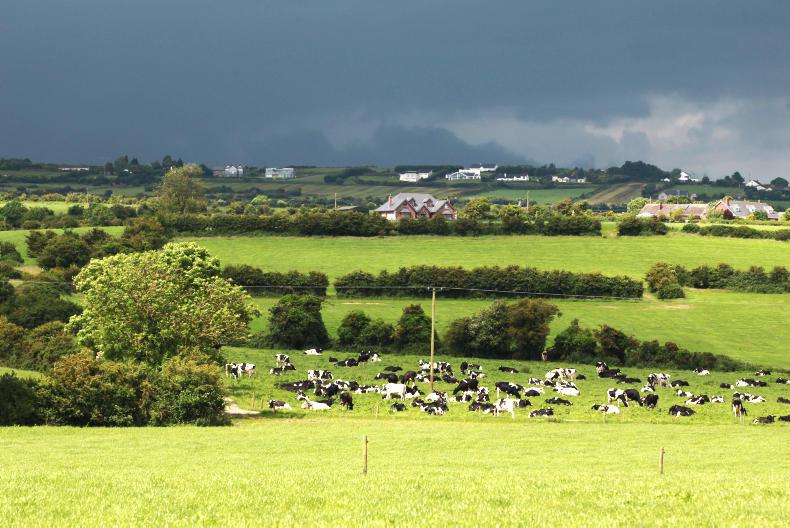
Changes to VAT will affect the company profits and not the household income.
The farm company is making a profit after wages and lease costs of €920 per cow or €120,000 in total and this is subject to corporation tax at the 12.5% rate.
With the increase in the married persons tax credit of €75 and the benefit from the increase of €3,200 in the standard rate tax band and the €32 saving in USC, the family income ?will be €1,661 better off in 2023. Changes to VAT will affect the company profits and not the household income.
David plans to build a new concrete slurry store in 2023. He has been quoted €60,000 for the whole job, with concrete making up €35,000 of this. With the accelerated capital allowances, the company can write off €30,000 in 2023 and €30,000 in 2024. That reduces the company tax bill by €3,750 each year.
However, the 10% concrete levy increases the cost of the slurry store by €3,500. Changes to the nitrates directive means that by 2024 the farm can only milk 104 cows, reducing company profits by €24,000.
- Darren Carty
Budget 2023 is generating a mixed reaction among sheep farmers. There are benefits for some farming households stemming from taxation changes with these delivering most where there is a significant off-farm income.
However, when scheme changes are assessed, significant concerns are raised. The greatest of these is from farmers participating in the Green Low-carbon Agri-environment Scheme (GLAS), with sheep farmers making up a significant cohort of the 46,000 participants in GLAS and over 3,700 participants in REAP.
Failure to gain entry to a scheme could see income reduced by over €4,000 on average.
The Agri-Climate Rural Environment Scheme (ACRES) provides an opportunity for higher payments for some farmers but of added concern are the tight timelines involved with advisers becoming more vocal around the potential to fill the 30,000 places allocated this year.
There was a hope among sheep farmers that there would be a top-up announced to the Sheep Welfare Scheme (SWS) payment rates, with much talk in advance of the budget around a possible payment based on shearing costs. This did not materialise and the budget of €20m allocated per year under the next CAP is €5m lower than the initial budget allocated in the last CAP.
Many farmers point out that sheep-only farmers continue to fare poorly compared to suckler farmers.
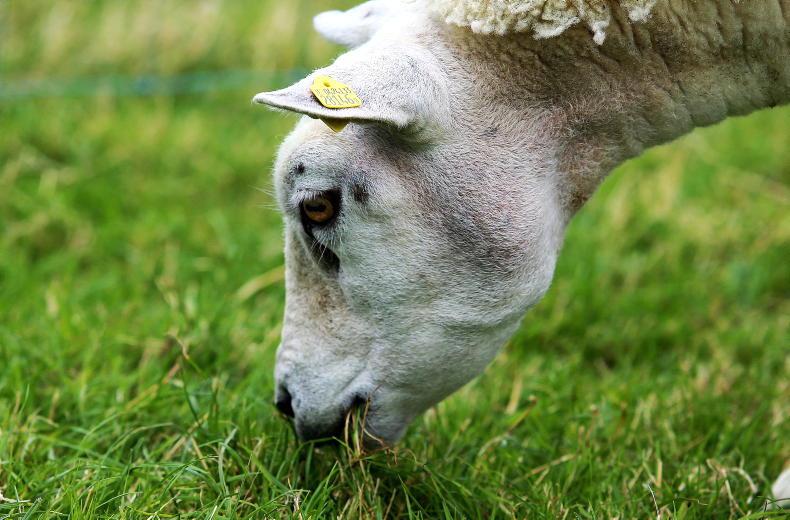
There was a hope among sheep farmers that there would be a top-up announced to the Sheep Welfare Scheme (SWS) payment rates.
A 100-ewe flock stands to receive €1,200 from the SWS while a comparable 15-cow suckler herd stands to receive €3,350.
The fodder support scheme is a welcome addition with the exception that some hill sheep farmers will not benefit greatly, while incentives to promote the use of multispecies swards and red clover leys appear to be a positive among farmers.
- Siobhán Walsh
John, single, farms 250ha, 100ha of which is owned and the rest on a long-term lease. Last year, his tillage enterprise had an income of €255,000 and profit of €55,000 which he expects to reduce this year.
John’s CAP payment is set to reduce by about 25% or €8,000 due to the restructuring of the supports, convergence, CRISS and other deductions.
He is currently unsure how the new CAP will affect his long-term leases as he must now carry out work to be paid under the eco schemes.
He expects to be paid €5,492 from ACRES by taking up the minimum tillage, catch crops and fallow land measures.
However, these measures will also have a cost, particularly catch crops, which could be as much as €163.50/ha, so this is not all income. He will also have to pay administration costs which could be as high as €800.
John does not have access to grassland so cannot avail of the Tillage Incentive Measure.
Payments for the Straw Incorporation Measure will remain the same, while the payment for the 16ha of beans he plans to sow will increase by at least €50/ha in the new CAP.
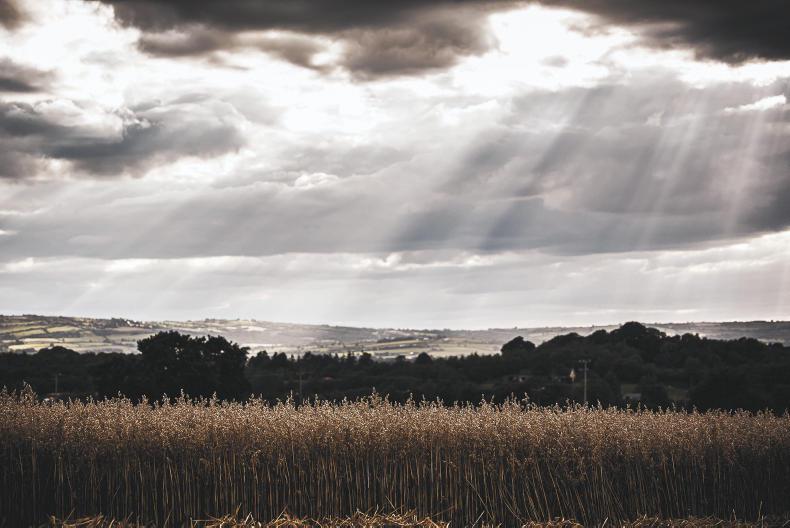
John will benefit from the budget measures to the tune of €150 for the increase in the tax credits, and the increase in the standard rate band of €3,200 and the €32 USC change – a net extra income of €831. The reduction in flat-rate VAT will not affect John as he is VAT-registered.
John will lose €8,000 in CAP payments and will regain approximately €3,871 from ACRES, the increased protein payment and tax changes in the budget.
- Adam Woods
Budget 2023 is going down well in suckler circles with the announcement of a new beef scheme to replace the current BEEP-S being seen as a particular vote of confidence in sucklers by the current Government.
While the detail hasn’t been released on the actions that will be required to draw down the payment, the Irish Farmers Journal understands that meal feeding, vaccinations, faecal sampling and silage testing are all to be included as actions in the new scheme. This scheme will see suckler farmers getting paid €90 for the first 10 cows with €70/cow being paid after that.
When this is added to the Suckler Carbon Efficiency Programme (SCEP) it will mean farmers will be paid €240/cow on the first 10 cows and €190/cow after that.
The energy rebate that was announced will have little effect on beef farms which are generally low users of electricity.
The concrete levy will hit any drystock farm that is building sheds or concreting yards. However, building work on beef farms has slowed in recent years.
The income tax changes will benefit a lot of part-time farmers who will see take-home pay increase in 2023.
The cut in the flat-rate VAT rebate will affect all beef farmers. For a farmer who is selling 25 weanlings at €1,000 each, it’s a cut of €150 in payment.
Many farmers are frustrated at the fact that the Government has revised its target of getting 50,000 farmers into ACRES down to 30,000 farmers, a reduction of 20,000. This will mean some farmers who will come out of GLAS in 2023 will see their income reduced by up to €5,000.
- Aidan Brennan
David is milking 130 cows on a 50ha farm in Kilkenny. All the land is in one block and the heifers are contract-reared. His wife, Anne, works off farm as a teacher earning €45,000. They have three children, two of whom are in college and the third is in fifth year of school. Average household expenditure is €5,500 per month or €66,000 per year.
The farm is in a company structure and David is a director and employee. Between lease payments and salary, he gets €50,000 from the farm per year.
All income is subject to tax. Gross household income therefore is €95,000.

Changes to VAT will affect the company profits and not the household income.
The farm company is making a profit after wages and lease costs of €920 per cow or €120,000 in total and this is subject to corporation tax at the 12.5% rate.
With the increase in the married persons tax credit of €75 and the benefit from the increase of €3,200 in the standard rate tax band and the €32 saving in USC, the family income ?will be €1,661 better off in 2023. Changes to VAT will affect the company profits and not the household income.
David plans to build a new concrete slurry store in 2023. He has been quoted €60,000 for the whole job, with concrete making up €35,000 of this. With the accelerated capital allowances, the company can write off €30,000 in 2023 and €30,000 in 2024. That reduces the company tax bill by €3,750 each year.
However, the 10% concrete levy increases the cost of the slurry store by €3,500. Changes to the nitrates directive means that by 2024 the farm can only milk 104 cows, reducing company profits by €24,000.
- Darren Carty
Budget 2023 is generating a mixed reaction among sheep farmers. There are benefits for some farming households stemming from taxation changes with these delivering most where there is a significant off-farm income.
However, when scheme changes are assessed, significant concerns are raised. The greatest of these is from farmers participating in the Green Low-carbon Agri-environment Scheme (GLAS), with sheep farmers making up a significant cohort of the 46,000 participants in GLAS and over 3,700 participants in REAP.
Failure to gain entry to a scheme could see income reduced by over €4,000 on average.
The Agri-Climate Rural Environment Scheme (ACRES) provides an opportunity for higher payments for some farmers but of added concern are the tight timelines involved with advisers becoming more vocal around the potential to fill the 30,000 places allocated this year.
There was a hope among sheep farmers that there would be a top-up announced to the Sheep Welfare Scheme (SWS) payment rates, with much talk in advance of the budget around a possible payment based on shearing costs. This did not materialise and the budget of €20m allocated per year under the next CAP is €5m lower than the initial budget allocated in the last CAP.
Many farmers point out that sheep-only farmers continue to fare poorly compared to suckler farmers.

There was a hope among sheep farmers that there would be a top-up announced to the Sheep Welfare Scheme (SWS) payment rates.
A 100-ewe flock stands to receive €1,200 from the SWS while a comparable 15-cow suckler herd stands to receive €3,350.
The fodder support scheme is a welcome addition with the exception that some hill sheep farmers will not benefit greatly, while incentives to promote the use of multispecies swards and red clover leys appear to be a positive among farmers.
- Siobhán Walsh
John, single, farms 250ha, 100ha of which is owned and the rest on a long-term lease. Last year, his tillage enterprise had an income of €255,000 and profit of €55,000 which he expects to reduce this year.
John’s CAP payment is set to reduce by about 25% or €8,000 due to the restructuring of the supports, convergence, CRISS and other deductions.
He is currently unsure how the new CAP will affect his long-term leases as he must now carry out work to be paid under the eco schemes.
He expects to be paid €5,492 from ACRES by taking up the minimum tillage, catch crops and fallow land measures.
However, these measures will also have a cost, particularly catch crops, which could be as much as €163.50/ha, so this is not all income. He will also have to pay administration costs which could be as high as €800.
John does not have access to grassland so cannot avail of the Tillage Incentive Measure.
Payments for the Straw Incorporation Measure will remain the same, while the payment for the 16ha of beans he plans to sow will increase by at least €50/ha in the new CAP.

John will benefit from the budget measures to the tune of €150 for the increase in the tax credits, and the increase in the standard rate band of €3,200 and the €32 USC change – a net extra income of €831. The reduction in flat-rate VAT will not affect John as he is VAT-registered.
John will lose €8,000 in CAP payments and will regain approximately €3,871 from ACRES, the increased protein payment and tax changes in the budget.








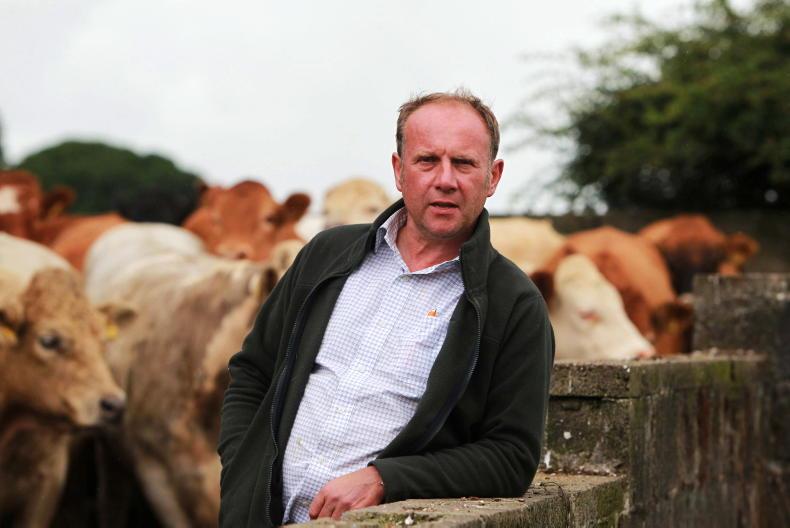

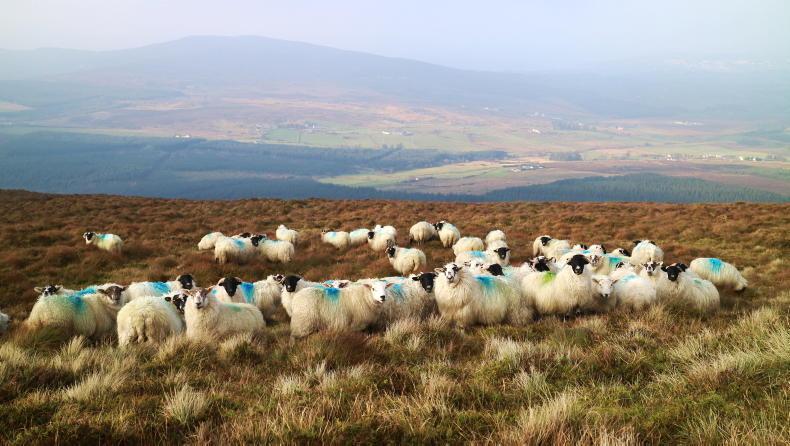


SHARING OPTIONS